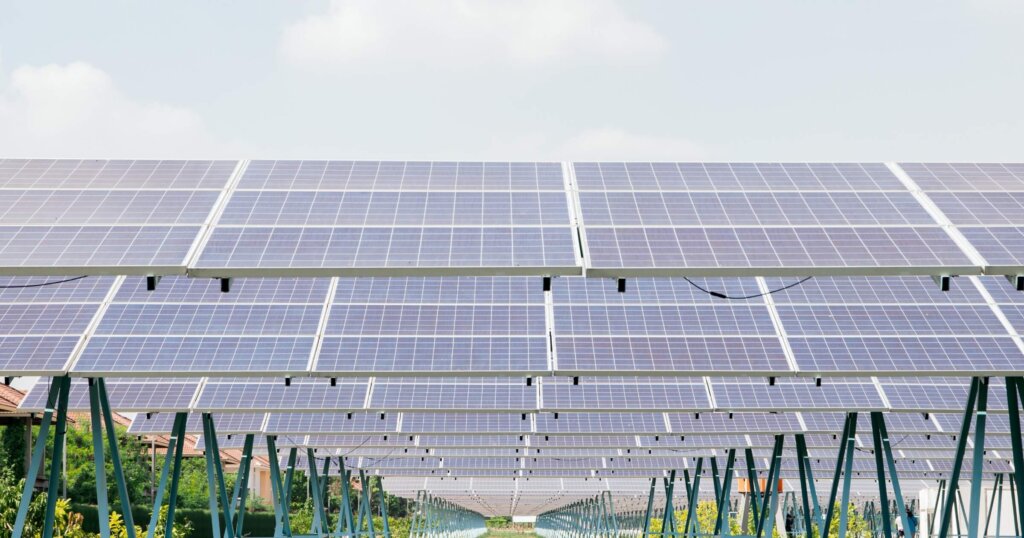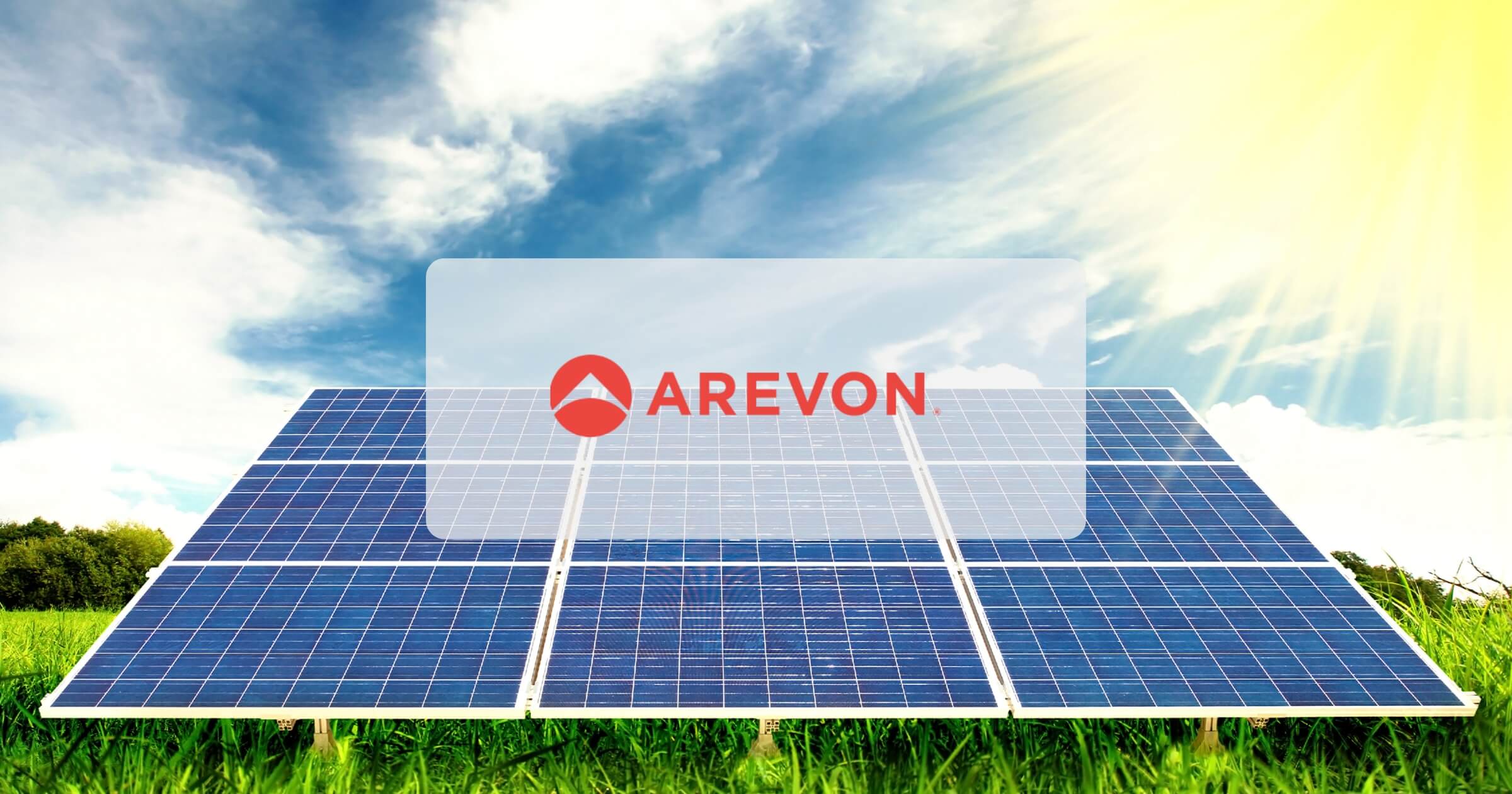Construction is officially underway on the Kelso Solar Project, a $500 million utility-scale solar facility in Scott County, Missouri. Developed by Arevon Energy, the project is set to generate 250 megawatts of power once operational, providing enough electricity to serve more than 40,000 homes annually. Meta Platforms has committed to purchasing the output under a long-term power purchase agreement to support its nearby data centers with renewable energy. According to Arevon, construction will last roughly 18 months, with the project expected to begin commercial operations by the end of 2026.

Image sourced from Shutterstock
Construction of the Kelso Solar Project will create about 400 jobs, and Arevon has pledged to hire locally as much as possible. The company is working with Missouri-based contractor McCarthy Building Companies to lead the construction effort. McCarthy has a long track record in renewable projects and a presence in the Midwest, making them well-suited for a project of this scale.
Once operational, the Kelso Solar facility will continue to provide permanent positions for site operations and maintenance, though fewer in number than during the construction phase. The influx of workers and businesses during construction is expected to benefit local restaurants, lodging, and services, particularly in the towns surrounding Scott County.
Behind the Kelso Solar Project: Meta’s renewable energy push
Meta has made large-scale investments in renewable energy to support its operations, and the Kelso Solar Project is part of a broader plan to power all its facilities with 100% clean electricity. The company has already committed to more than 9 gigawatts of wind and solar capacity globally. Its data center in DeKalb, Illinois, and others in the region will benefit from this new source of Missouri solar energy.
Meta’s participation signals increasing demand from tech companies for clean energy that can be reliably sourced near data-intensive operations.
Scott County, located in southeastern Missouri, offers ideal conditions for a solar installation of this size. The region benefits from flat land, strong sunlight throughout much of the year, and access to existing transmission infrastructure. According to Arevon, this made the site viable without needing major transmission upgrades, which can delay or derail other projects.
The Kelso Solar Project also fits with Missouri’s energy strategy, which has seen growing interest in solar as coal plants phase out and utilities aim to diversify their energy portfolios. Large-scale solar projects like Kelso are one of the fastest ways to bring new generations online without long delays or complicated interconnection issues.
Over the coming months, crews will install thousands of photovoltaic panels on tracking systems that follow the sun across the sky, increasing the amount of electricity generated. The project will also include inverters, transformers, and interconnection facilities to feed energy into the grid. Construction will continue into 2026, with energy production starting shortly after testing is complete.
To follow more stories like this that affect the AEC trades, energy infrastructure, and workforce development, subscribe to our newsletter for updates on projects reshaping the way America builds.


